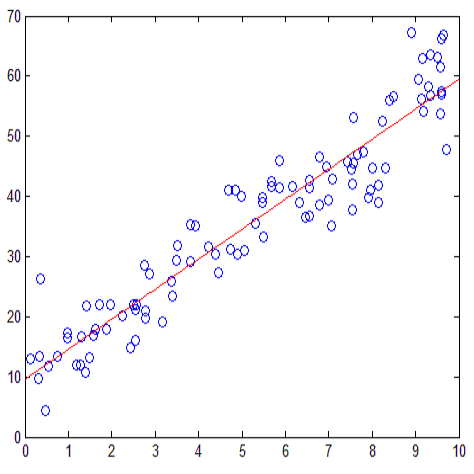We investigate the minimax optimal error of a fair regression problem under a linear model employing demographic parity as a fairness constraint. As a tractable demographic parity constraint, we introduce $(\alpha,\delta)$-fairness consistency, meaning that the quantified unfairness is decreased at most $n^{-\alpha}$ rate with at least probability $1-\delta$, where $n$ is the sample size. In other words, the consistently fair algorithm eventually outputs a regressor satisfying the demographic parity constraint with high probability as $n$ tends to infinity. As a result of our analyses, we found that the minimax optimal error under the $(\alpha,\delta)$-fairness consistency constraint is $\Theta(\frac{dM}{n})$ provided that $\alpha \le \frac{1}{2}$, where $d$ is the dimensionality, and $M$ is the number of groups induced from the sensitive attributes.
翻译:我们在一个线性模型下调查公平回归问题的最小最佳错误,将人口均等作为公平的限制。作为一个可移动的人口均等限制,我们引入了美元(alpha,\delta)美元-公平性一致性,这意味着量化的不公平性以最多1美元-delta美元的比例下降,至少概率为1美元-delta美元,其中以美元为样本大小。换句话说,一贯的公平算法最终产生一个累退者,满足人口均等限制,其概率很高,因为美元倾向于无限。根据我们的分析,我们发现美元(alpha,\delta)美元-公平性一致性限制下的最低最佳错误是$(theta,\\\\\\frac{d ⁇ n}美元,条件是美元\le le\frac{1 ⁇ 2美元,其中美元为维度,而美元是敏感属性引发的群体数量。



